How to help a rescue dog with food issues and separation anxiety, by expert trainer Ben Randall
Saving a street dog from a harsh life is a noble thing to do, but often comes with issues. Expert trainer Ben Randall explains what to do.
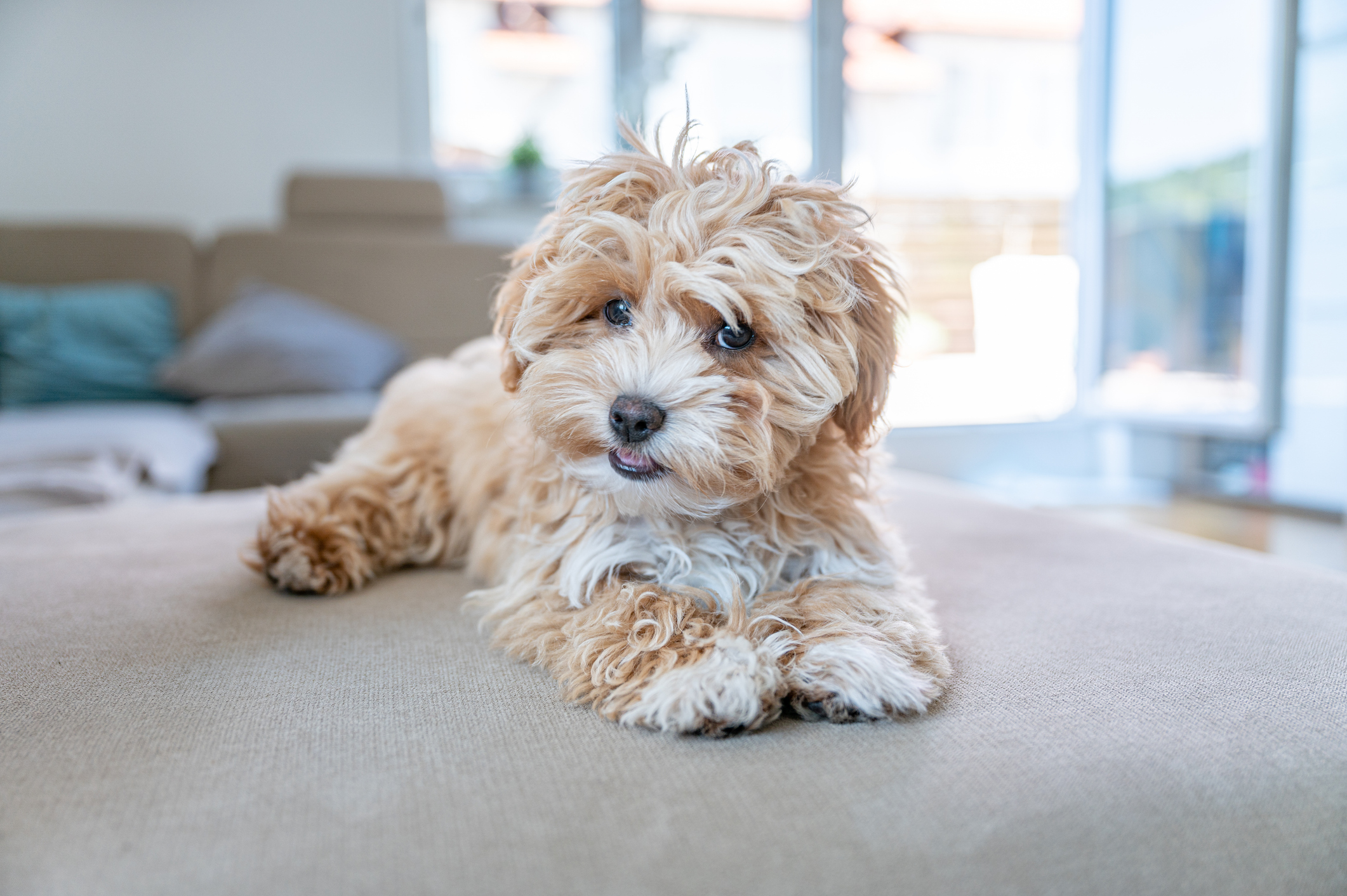

Adopting a rescue dog with an unknown background is a wonderful thing to do, and while it can throw up some tricky situations most of them can be tackled quite happily with a bit of expert advice.
That’s the situation that this week’s reader is in, with a dog who has settled in well with her — but who won’t engage with her husband, despite their best efforts:
Dear Ben,We have just adopted a rescue dog who came from ESMA, an Egyptian organisation. He is two years old, and so affectionate and loving, and generally good with people and other dogs — though he’s a little wary of men, and can be nervous of other dogs at first. We know that he had a poor start in life but have no idea what might have happened to him — just that he was a street dog.The problem isn’t with me, but with my other half. Although my husband loves him and does a lot for him — feeding, grooming etc — he won’t walk with him unless I accompany them. He digs his heels in and refuses to walk.He can’t be bribed with treats either, he’s not bothered about his food, and just grazes, eating a little every hour or two. His meals are never finished until bedtime.He also plays up if I leave the house: he goes into panic mode, zooming around, scratching doors, jumping on tables etc, until I return.How can I get him to want to be with my husband? Any advice would be gratefully received. We are a retired couple and look forward to spending some happy years with Buddy. — MH, via email
First off, well done for adopting a dog who has had such a tough start in life — it’s a wonderful thing to do. And please don’t worry: this sort of issue is something that I’ve seen a lot over the last few years, especially since lockdown, with people who come to me for training sessions or to leave their dogs in our boarding kennels. And as you’ll see below, you’re in a perfect position to sort out what’s happening.
1. Switch your mindset to realise you don’t have to do everything for your dog
It's wonderful that, as a retired couple, you have the time to really concentrate on caring for your new dog, but that can actually create problems of its own. If we do too much for our pets, and spend too much time with them — something which became very common during the Pandemic — we don’t give them space and time to get used to being reliant on themselves.
While Buddy has clearly bonded really well with you — and that’s no doubt been a huge help to him while first settling in to a strange new environment in a different country — now it’s time to let your husband work on creating a similar bond. It might mean you taking a back seat for a while, but it’ll be worth it.
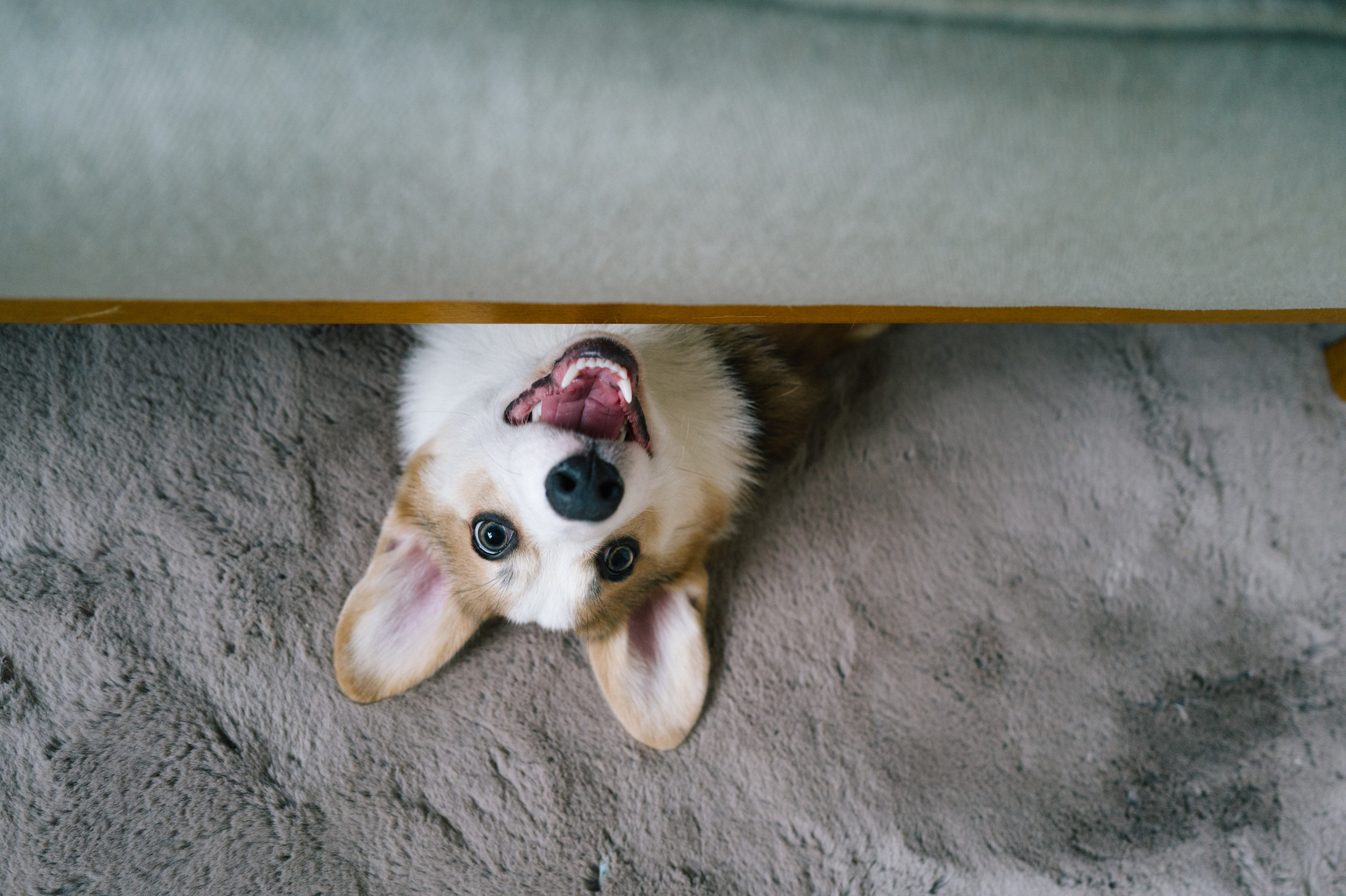
2. Get him interested in food
You mention Buddy’s feeding habits in your letter – and make it clear that he’s not bothered about food. This is a key thing, though: I’d really like you to change this habit. I want your dog to be hungry, to really want his food, and to enjoy this meal. And that’s going to mean steeling yourself to let him get hungry enough to do so: don’t leave food out for him to graze, don’t feed him between meals and — unless he’s worryingly skinny or unwell — don’t keep trying him with different treats in an attempt to get him to eat.
Instead, we’re going to instil a new habit, with your husband taking the lead. I want him always to be the person to feed the dog until Buddy is super-confident about his food, and looking forward to mealtimes.
Sign up for the Country Life Newsletter
Exquisite houses, the beauty of Nature, and how to get the most from your life, straight to your inbox.
Start off at breakfast, get your husband to put his food down, and give him the command to eat – if you don’t have one, simply pointing at the food and saying ‘okay!’ will do fine.
If he eats, great. But if he doesn’t eat pretty much straight away, your husband should take the food away. Try again at lunchtime, and again take the meal away almost immediately should he turn his nose up and walk away. And then do the same again at dinner time.
It may take a day or two, but it will work, and the dog will realise that if he doesn’t eat, the food will be gone. Stay firm, and be strict not to give treats or other tastes of food in between meals. This is something for all owners to avoid, actually: it’s tempting to give your pet scraps of chicken, cheese, or other tasty morsels you might have left over, but the dog will see these as higher value, and it’ll only put them off their nutritionally balanced dog food.
But day two or three, you’ll find that your husband will be happily feeding dog, maintaining good eye contact, and seeing Buddy settle to eat immediately.
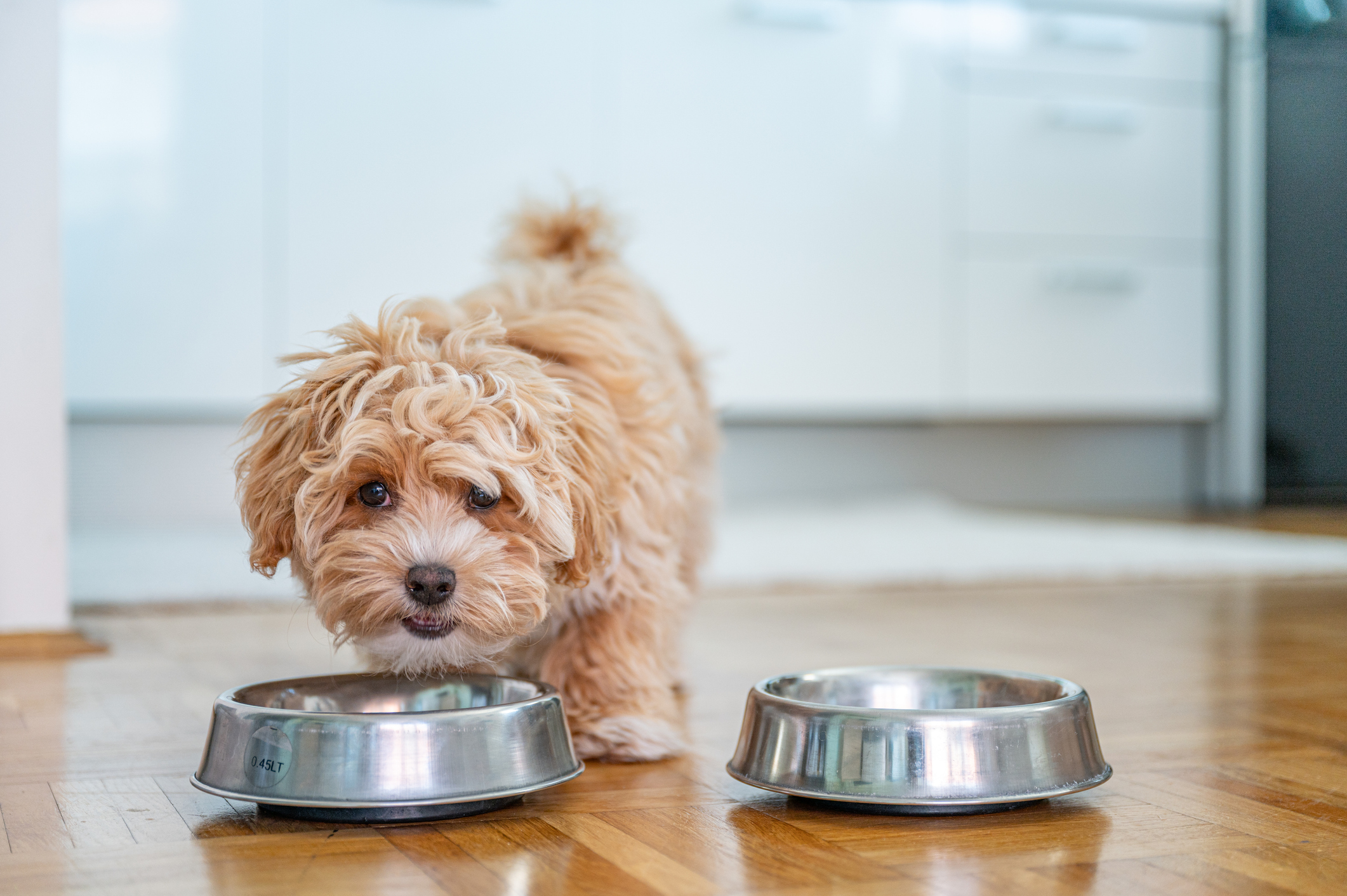
3. Use mealtimes to build trust and confidence
Once your pet is eating his meals, you can use these opportunities to really get your husband starting to train him. It’s two or three chances a day to work on the dog’s patience, sitting, recall and more.
Get your husband to get Buddy’s food ready, then ask the dog to sit and put a lead on. Your husband should then reward him with a piece of kibble, take him out for a walk around the garden or up and down the street, walking to heel and giving him calm praise and rewards every so often.
Use every mealtime as a chance to do this and twice a day, every day, your husband and your dog will be building and strengthening their bond, with praise and positive rewards. Their partnership and trust will only build from now on. Good habits – once created – will become the norm over a short period of time, and it’s a key part of my BG Foundations that feed times give you a chance two or three times a day to train dogs until things become second nature.
4. Deal with your dog’s separation anxiety
As your dog and husband build their bond, I’d expect to see a natural reduction in the fear of abandonment that’s driving his misbehaviour when you leave the house. That said, there are things you can do to make it even smoother, and steps to follow right from the start to keep him calm when you’re popping out. Find a high-value chew or toy he really loves — I often use an antler with my dogs, but it could be anything that works for you — which you give to him when you put him in his dog bed or crate when you leave the house. It’ll relax him, give him something to focus on, and give him a chance to see your absence as a chance to chill, relax and enjoy his treat.
Ben Randall’s book, ‘How to Train Your Gundog’, is out now. You can order it here at £40.
For more detailed advice about Ben Randall’s positive, reward-based and proven BG training methods, one-to-one training sessions, residential training or five-star dog-boarding at his BGHQ in Herefordshire, telephone 01531 670960 or visit www.ledburylodgekennels.co.uk. For a free seven-day trial of the Gundog app, which costs £24.99 a month or £249.99 a year, visit www.gundog.app/trial
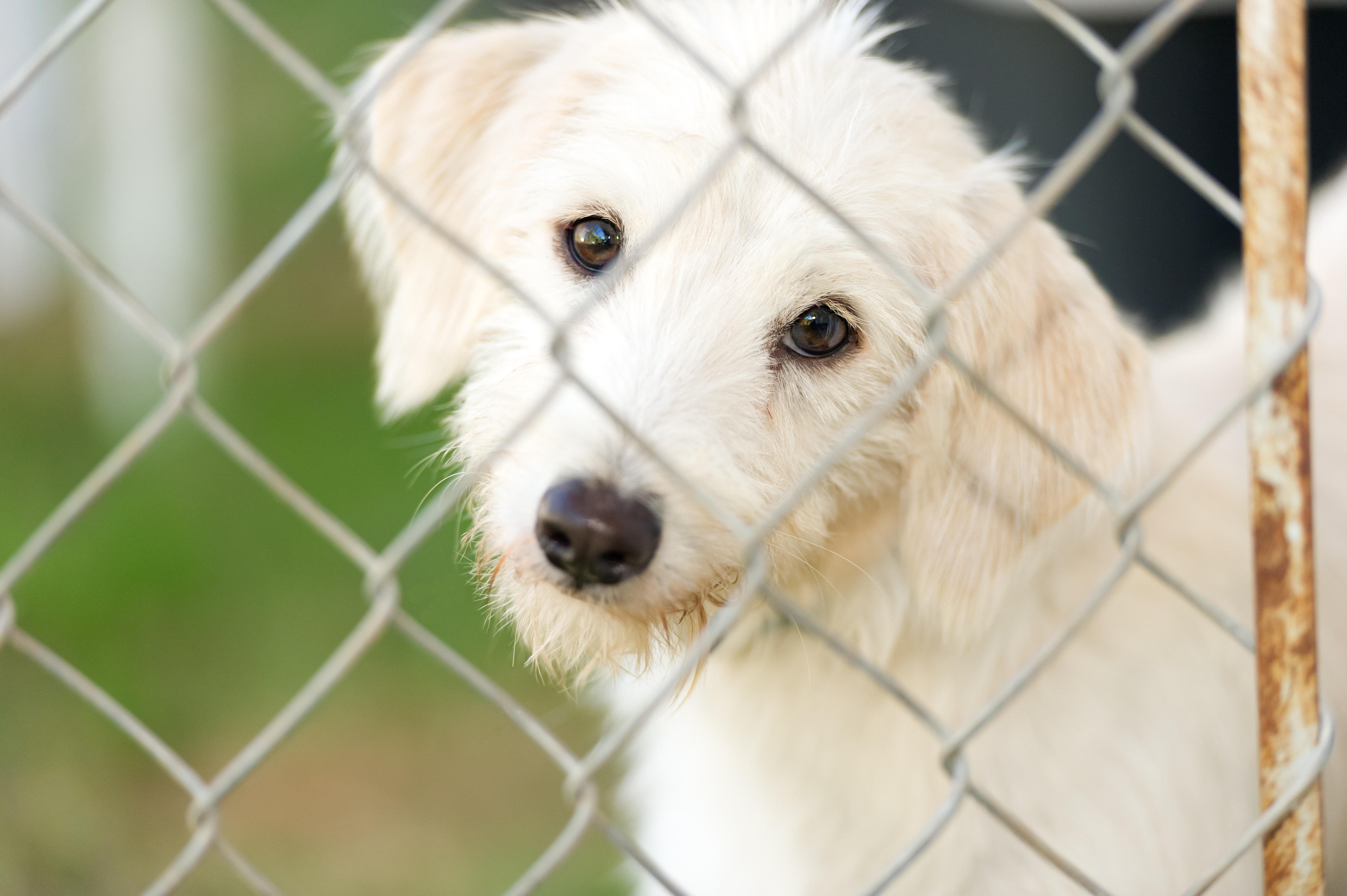
How to choose a rescue dog, by expert trainer Ben Randall
Adopting a dog in need of a new home can be a fabulous experience that will transform your life for
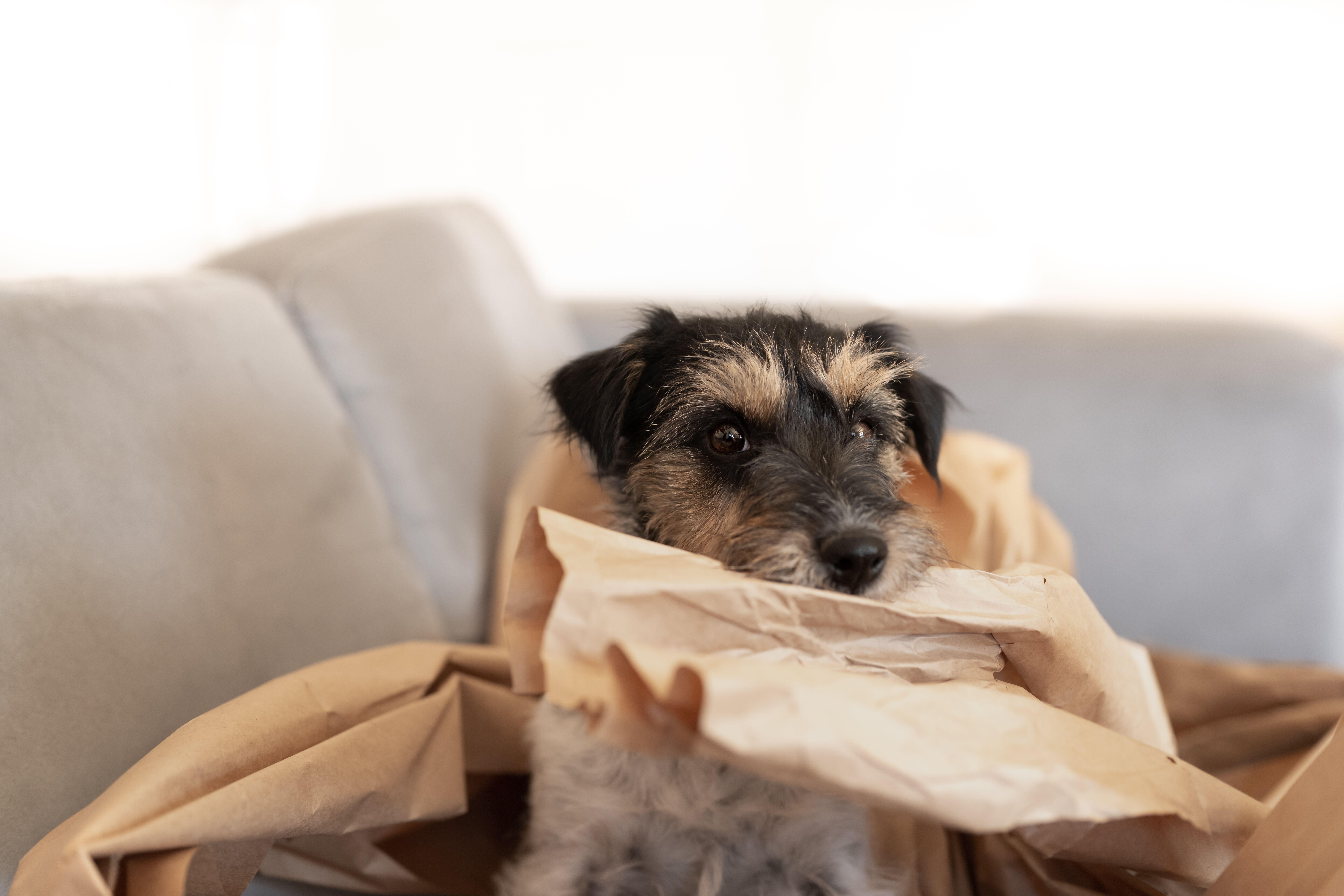
How to stop resource guarding in dogs, by Ben Randall
Resource guarding is common in dogs — but it can be solved. Award-winning dog trainer Ben Randall explains how as he
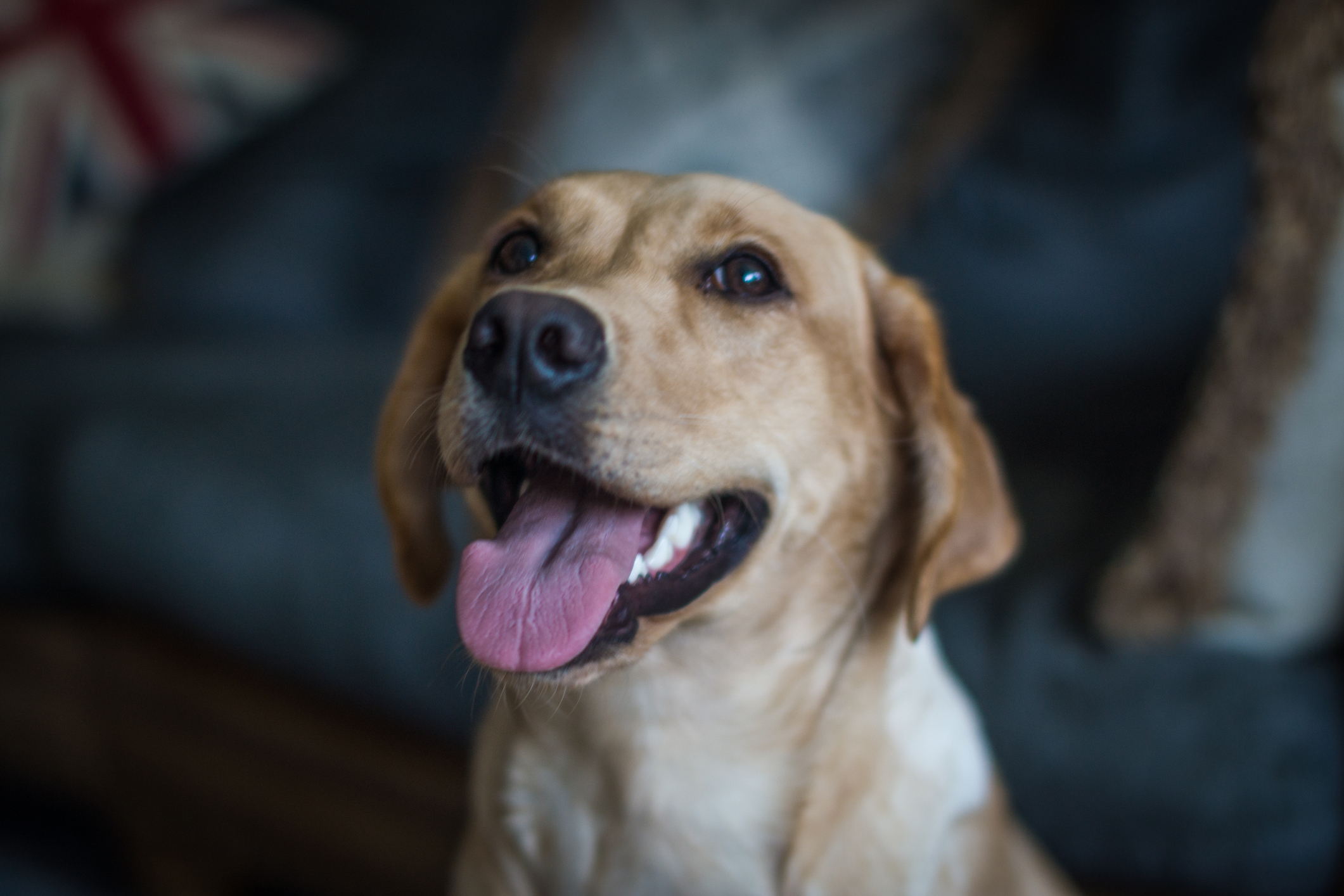
How to stop your dog marking his territory and cocking his leg in other people's houses
Ben Randall on how to handle one of the most embarrassing moments for a dog owner.
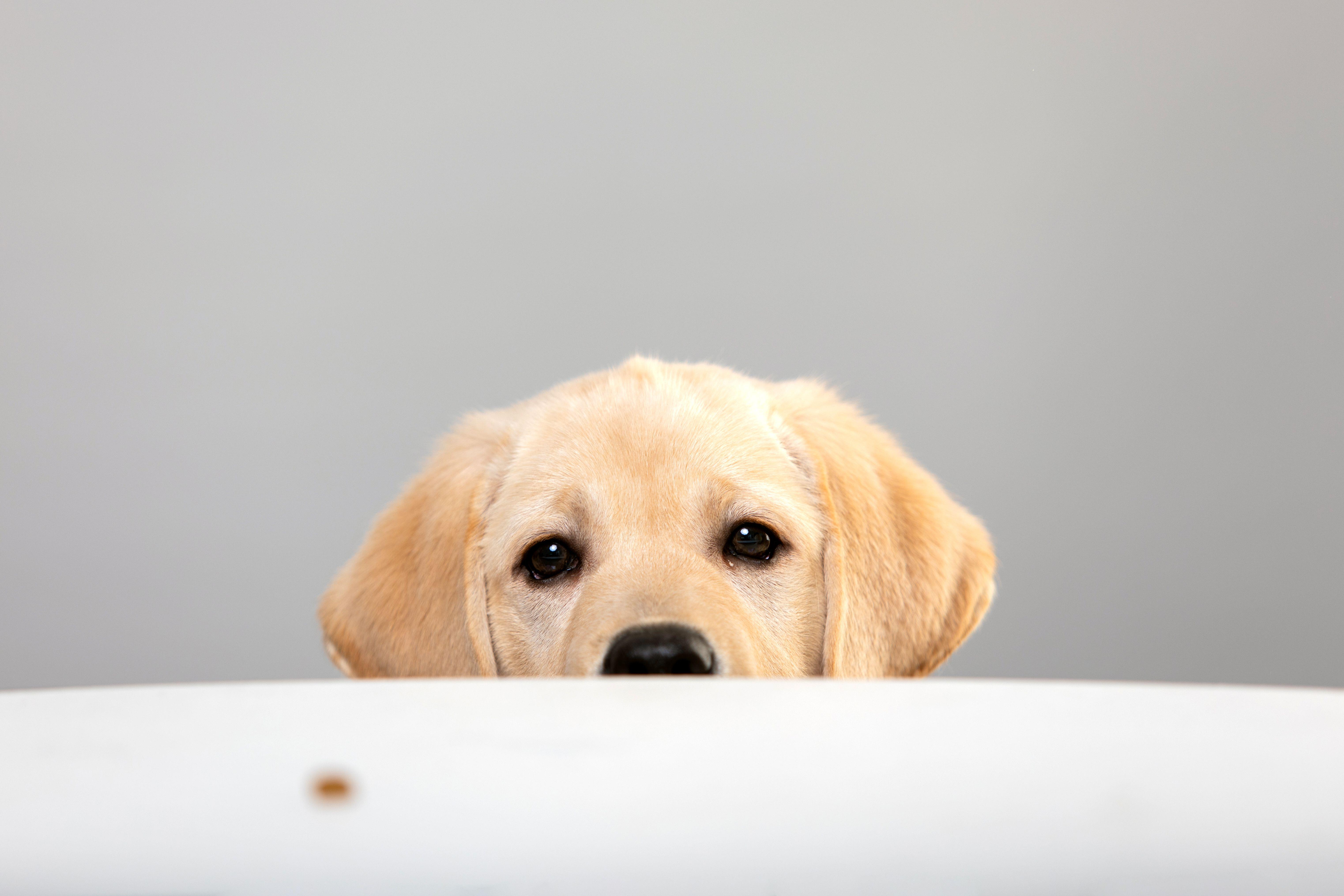
Credit: Alamy Stock Photo
How to stop your dog begging for food at the table, by expert trainer Ben Randall
Dogs begging for food around mealtimes can be adorable up to a point — but what happens when the charm wears
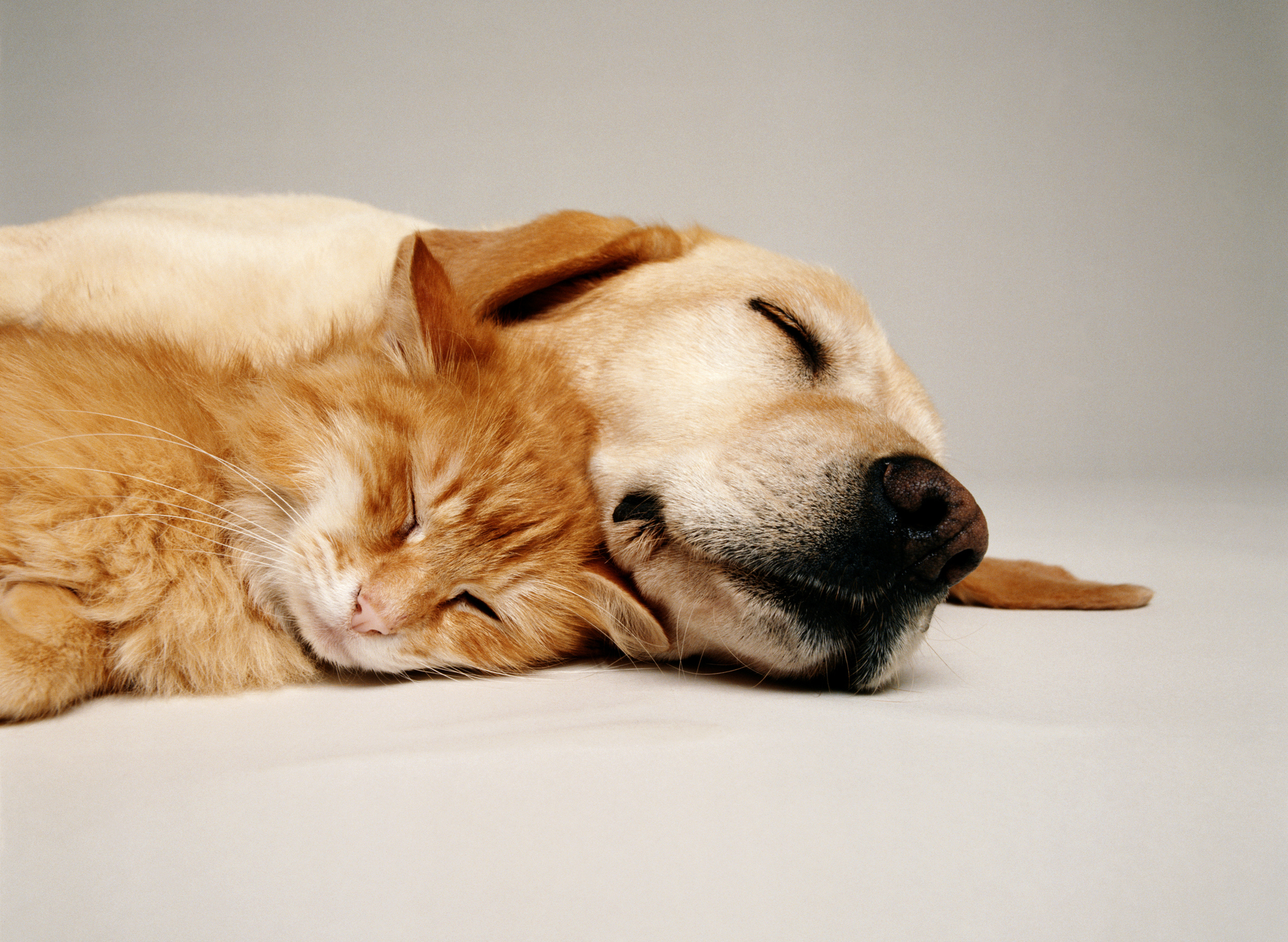
Credit: Getty
How to introduce a puppy to your cat, by expert dog trainer Ben Randall
Introducing a dog to a cat can be nerve-wracking, but get it right and the two of them can get
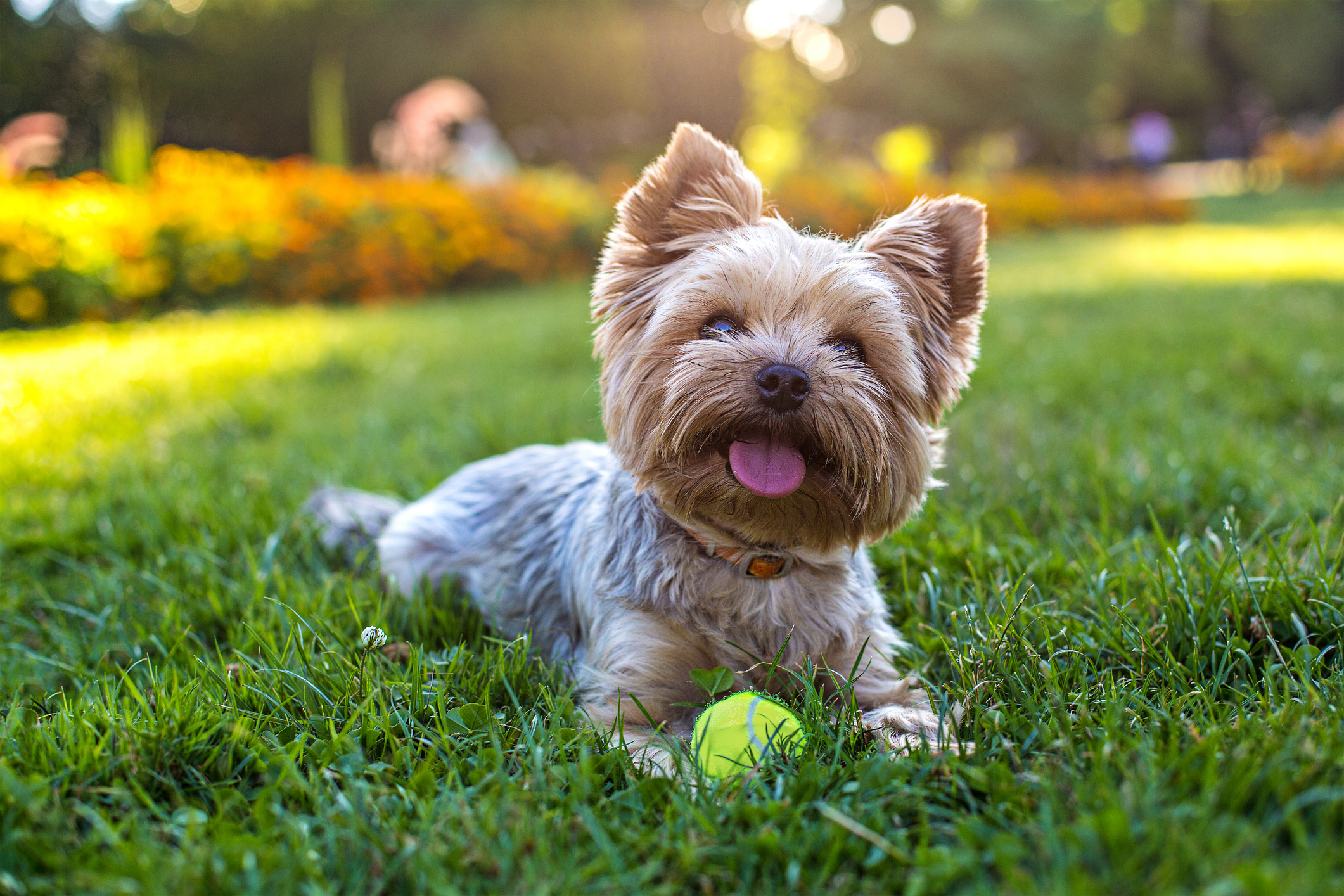
How to train your dogs around your gardening, by expert trainer Ben Randall
It's the time of year when we're all starting to get out more and more — particularly in the garden. That's
-
 Five Cotswold dream homes on the market from £3m to £18m, as seen in Country Life
Five Cotswold dream homes on the market from £3m to £18m, as seen in Country LifeThis week we have a Cotswolds-themed rundown of some of the finest homes to come to the market in this beautiful part of England.
-
 Here Today, Gone Tomorrow: 'Nature’s ephemeral beauty reminds us of our own finite existence'
Here Today, Gone Tomorrow: 'Nature’s ephemeral beauty reminds us of our own finite existence'A withering rosebud, the brevity of blossom and the one-day wonder of the mayfly: Nature’s ephemeral beauty reminds us of our own finite existence, but melancholy transience also offers moments of magic.
-
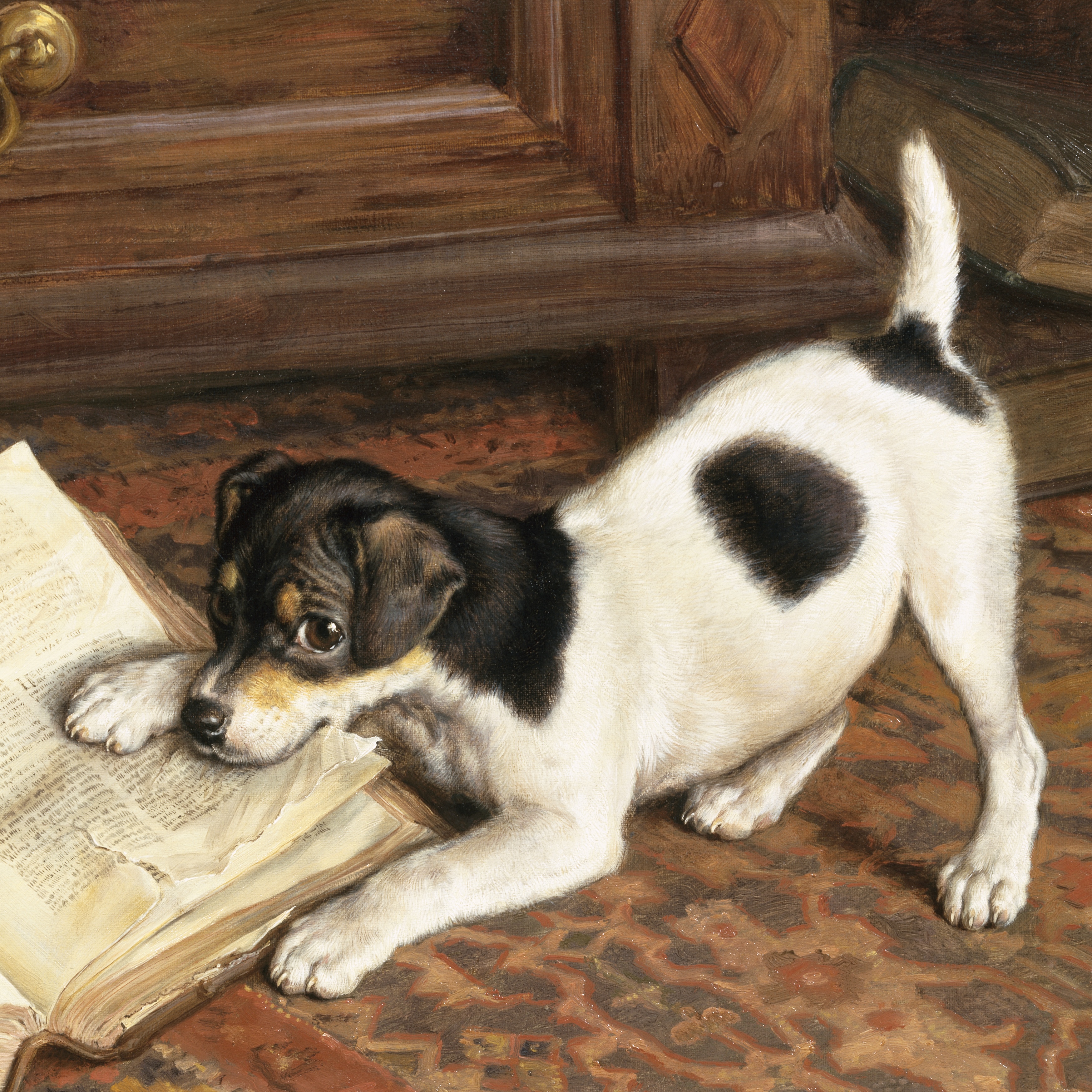 Ben Randall: Why your dog behaves for some people, but not others
Ben Randall: Why your dog behaves for some people, but not othersAward-winning dog trainer Ben Randall shares his advice with Country Life readers on one of the most common questions he gets asked.
-
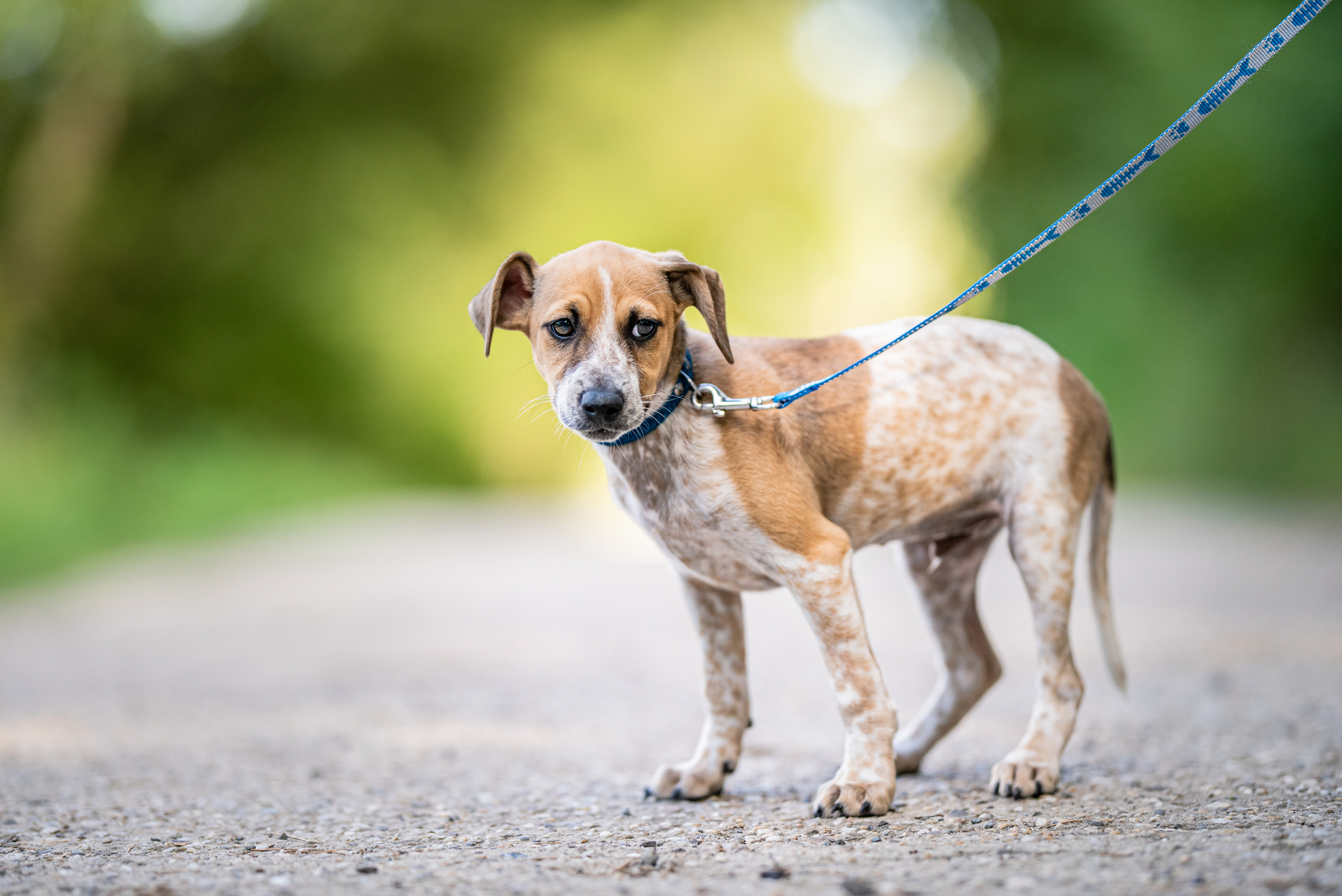 What to do when your dog gets attacked by another dog out on a walk
What to do when your dog gets attacked by another dog out on a walkBen Randall deals with a reader's difficult situation as an ordinary walk took a turn for the worse.
-
 How to deal with an older dog starting to show some bad behaviour after many happy years
How to deal with an older dog starting to show some bad behaviour after many happy yearsA-list dog trainer Ben Randall helps a reader whose ageing dog has started changing its behaviour — and not for the better.
-
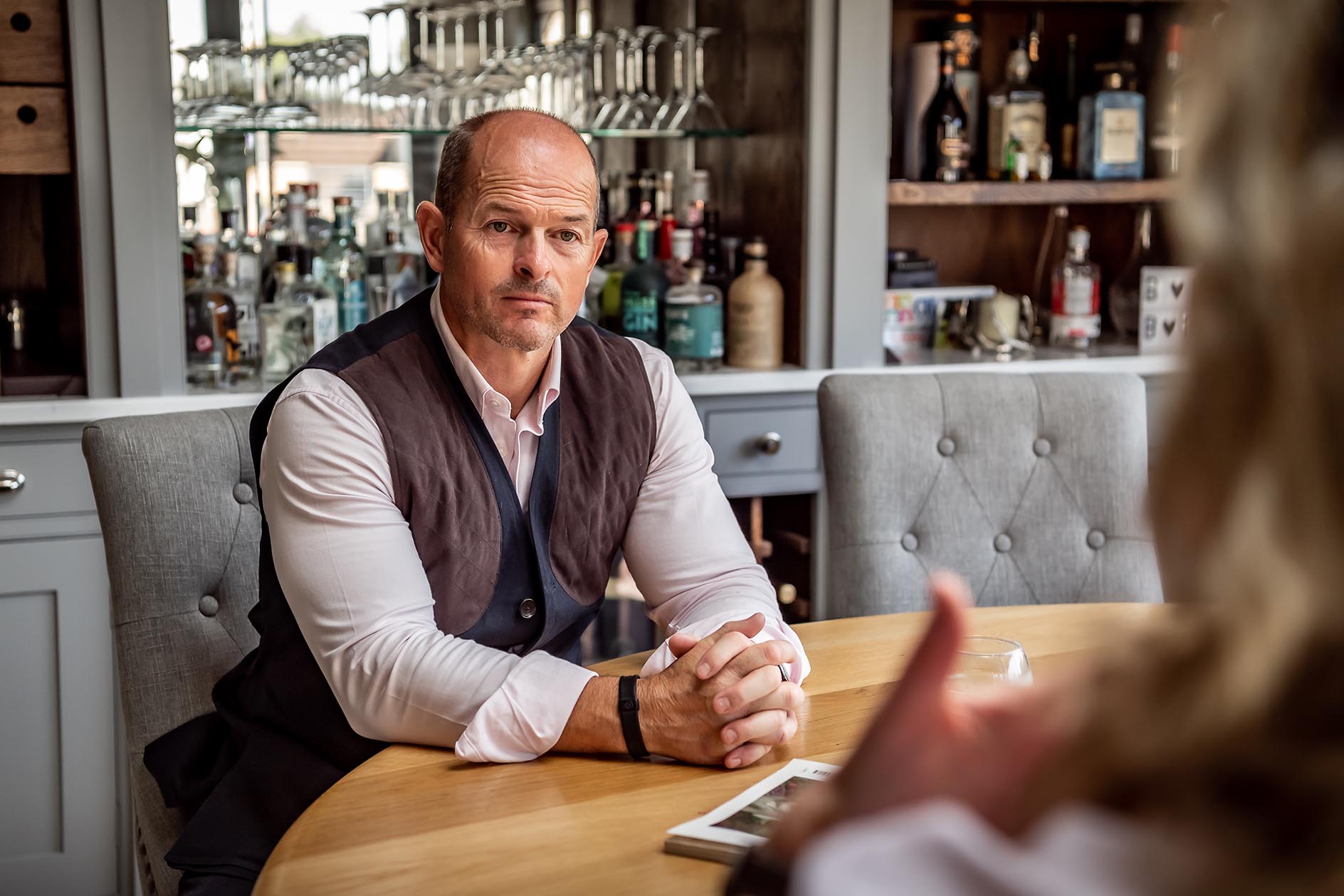 Ben Randall: Ask Country Life's canine agony uncle a question about your dog
Ben Randall: Ask Country Life's canine agony uncle a question about your dogOver the past two years our award-winning dog trainer Ben Randall has been sharing his advice with Country Life readers.
-
 How to look after a dog who's gone deaf, by A-list trainer Ben Randall
How to look after a dog who's gone deaf, by A-list trainer Ben RandallBen Randall handles a query from a reader whose dog has lost her hearing.
-
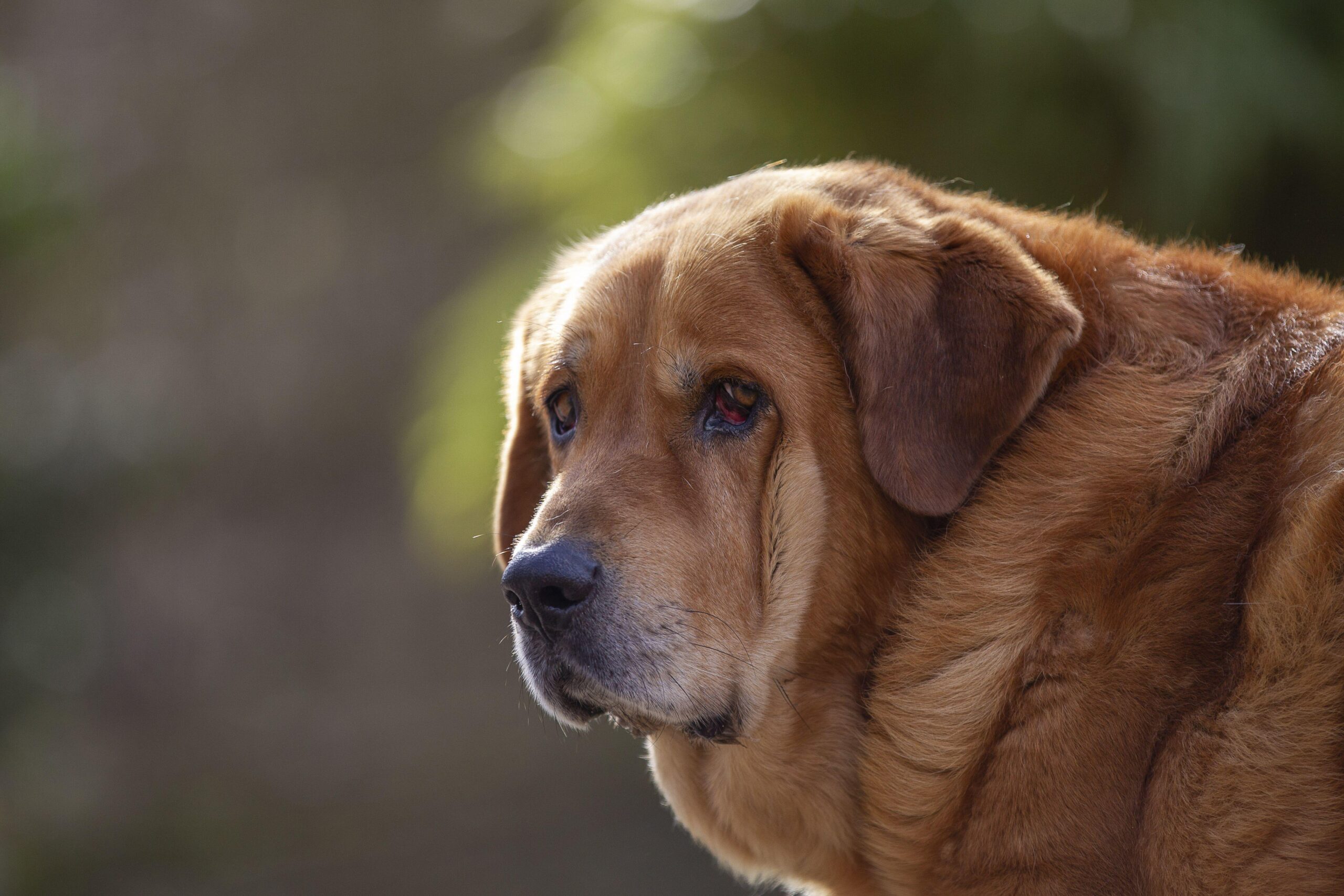 How to deal with a dog that's stronger than you are — especially when it runs off when it gets excited
How to deal with a dog that's stronger than you are — especially when it runs off when it gets excitedBen Randall tackles an issue for an owner of a dog that's almost as big as she is.
-
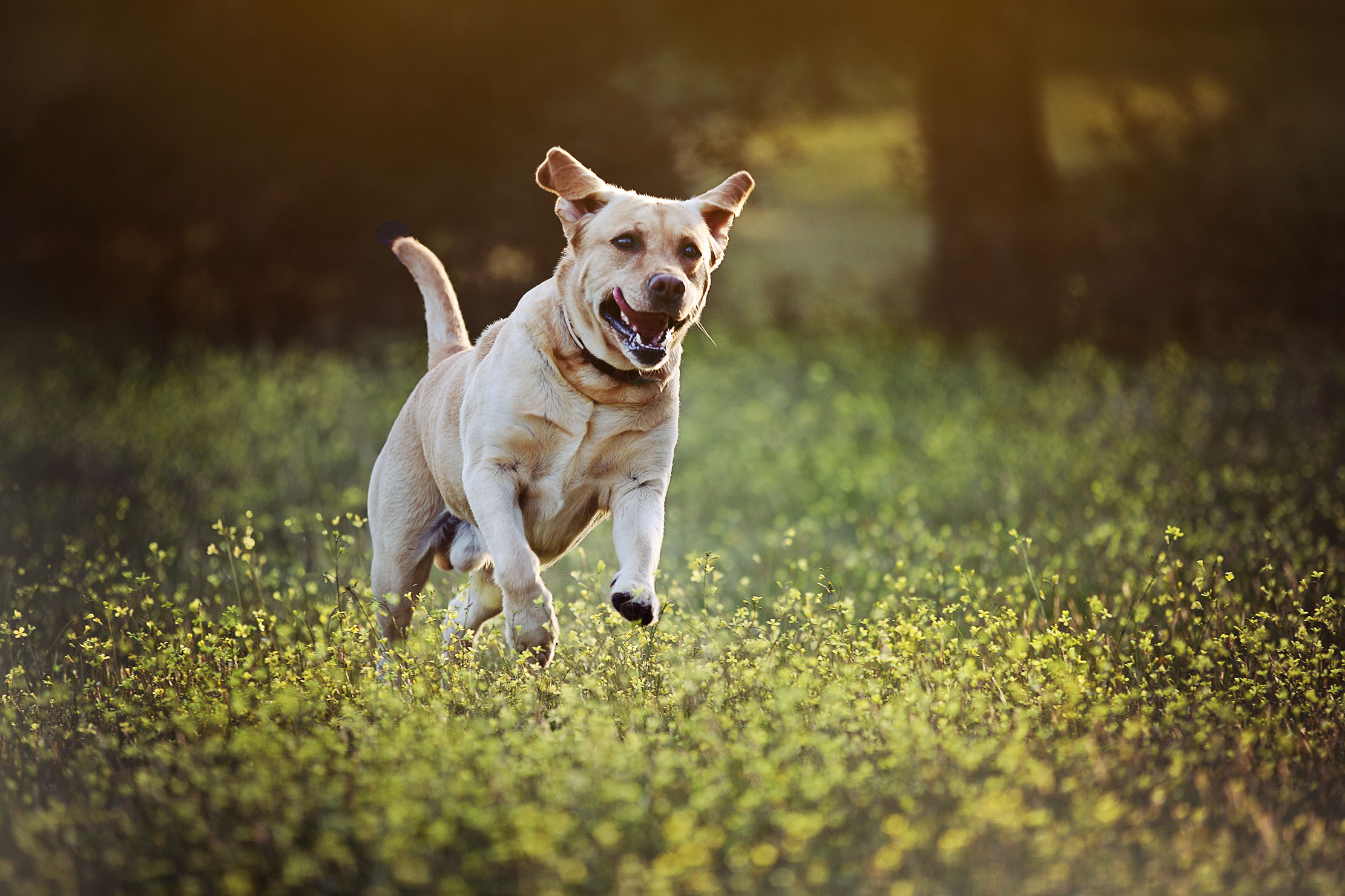 'My dog goes crazy when he sees someone with a ball launcher. How do I make him stop?': Expert trainer Ben Randall explains what to do
'My dog goes crazy when he sees someone with a ball launcher. How do I make him stop?': Expert trainer Ben Randall explains what to doTaking on a dog with ingrained bad habits can be a headache. Ben Randall explains how to retrain them to keep calm.
-
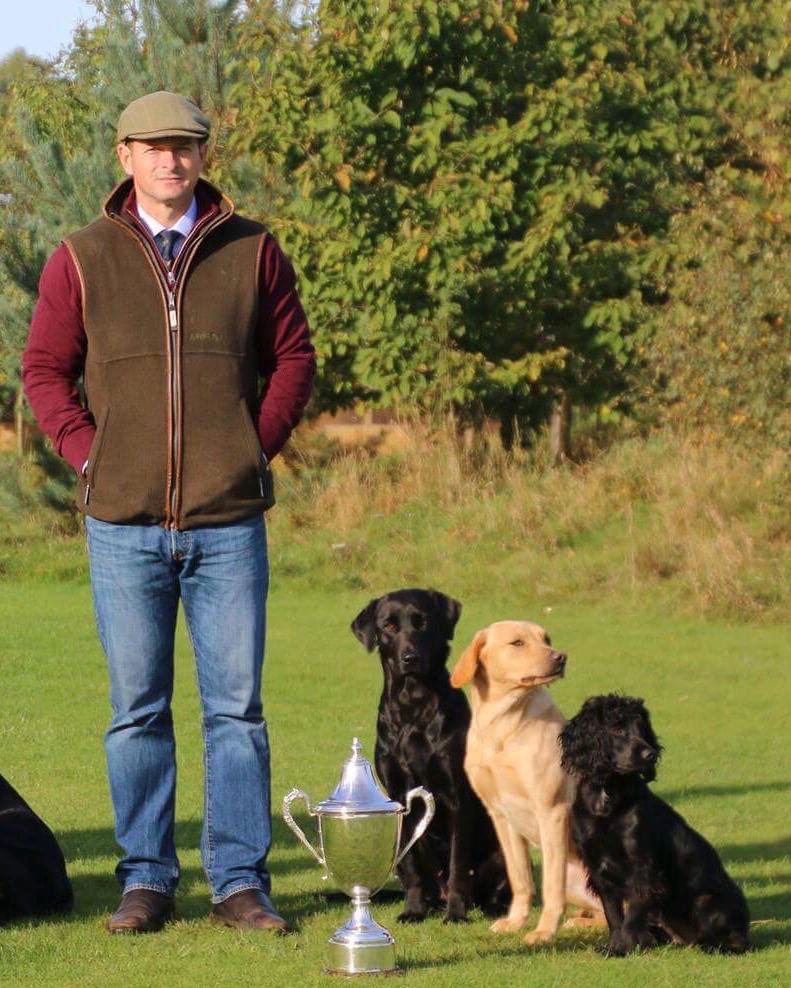 Ben Randall: Q&A with the award-winning dog trainer
Ben Randall: Q&A with the award-winning dog trainerWe speak to Country Life's canine agony uncle Ben Randall.